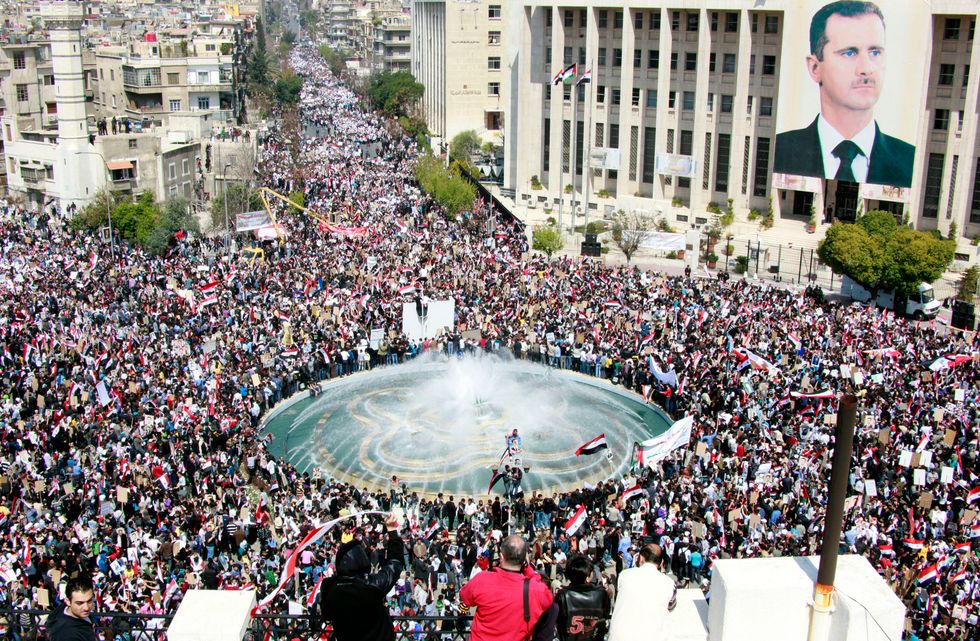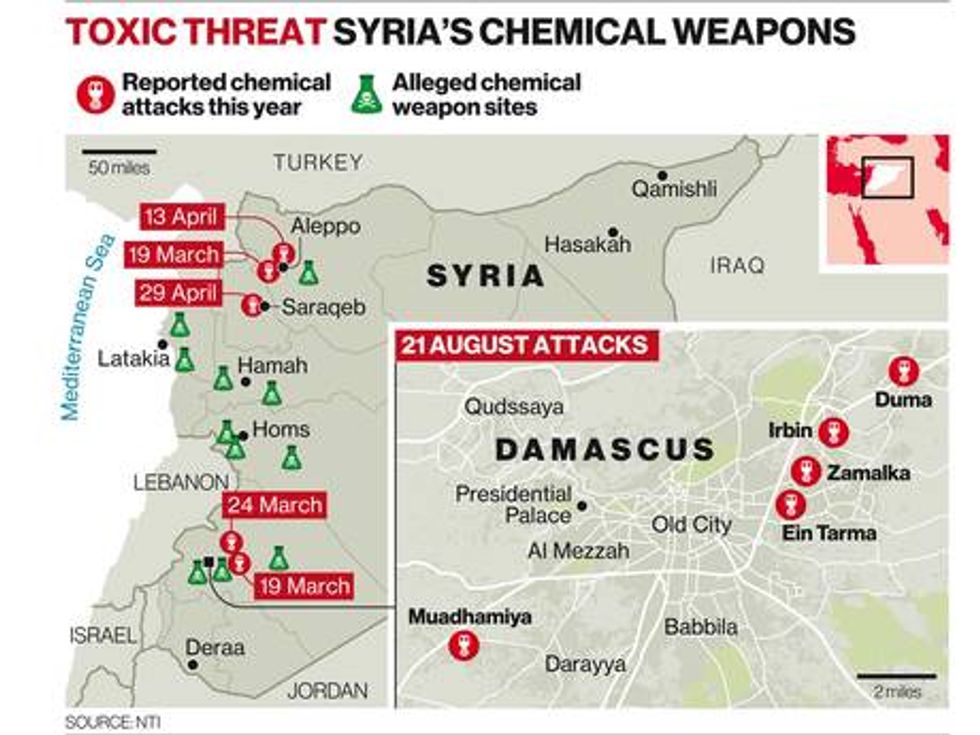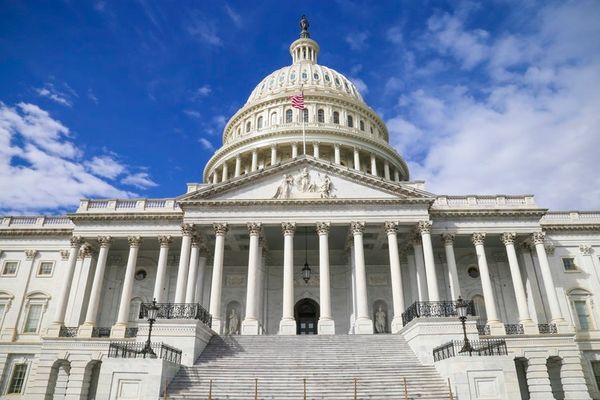In the past few weeks, and even just in the past few days, conflict within Syria, and between it and the US, has risen once again. There have been many, and often somewhat conflicting, news articles rising around Trump's actions and Russia and Syria's responses. It has left many wondering, what is, and what has been going on in Syria, and why is the US involved?
To better understand what is going on now, one must first understand the past years in Syria.
Even before 2011 and the Arab Spring (the democratic uprisings that rose independently and spread across the Arab world in 2011), Syria was fractured by civil conflicts and wars going on around it. As early as 2002, there was tensions between Syria and the US, Bush calling Syria an "axis of evil" in his State of the Union address.
However, Syria started to gain worldwide attention with the start of its 'civil war' in February and March of 2011, which began with protests against the continued corruption of the government and unhappiness with the unfulfilled promises of Bashar al Assad to reform. With the violent retorts on the protests from the government, the protests spread, and so did the world's attention.
With Syria being such a religiously diverse country, and because of it's geographic location and interests within from major powers, its civil war soon became a multi-sided proxy war ( a war instigated by a major power that does not itself become involved). At first, the rebel group, the Free Syrian Army, came about with the goal to bring down the government of Bashar al Assad. After conflict went on, they were soon backed by the United States and the European Union; both with interests of getting rid of the Assad government and interests in Syrian oil pipelines.
Then, the war became more than just the people versus the government. Russia, who had had interests in Syria for a while as a weapons client, and for its only warm water ports, began backing the Syrian government. Then, then Islamic State of Iraq and the Levant (ISIS/ISIL) broke off from the other rebel groups, starting to fight both sides and take over parts of Syria. Then, the Kurdish Peoples' Protection Units (YPG) launched a campaign to take over parts of Raqqa and Aleppo that had been used by ISIS to attack them.
Within two years, the Syrian Civil war quickly became a confusing proxy war with many sides to it. However, the US, the EU, and United Nations did not become more involved until it was suspected that the Syrian government was using chemical weapons on its citizens, as well as the disastrous Battle of Aleppo.
Already, Aleppo was caught in a four-year deadlock as a major battleground in the war; since it is the most populous city in Syria. Then, back in 2013, it was suspected, and then proven, that nerve and mustard gas were used to attack several suburbs of Aleppo, with Syrian government being one to blame. Between 2014 and 2016 a few more chemical attacks were alleged and investigated.
( Suspected Chemical Attacks 2013)
Which now leads us to present times. After Syria was warned to get rid of its chemical weapon facilities, another chemical attack occurred in northwestern Syria in April of 2017. Leaders around the world, like member of Parliament Boris Johnson and the Prime Minister of Israel Benjamin Netanyahu, expressed there shock and outrage. This included President Trump, expressing in a press conference that Syria had "crossed many, many lines" for him. However, Russia vetoed the UN decision to condemn Syria for these chemical attacks.
Then, a few days later, President Trump launched several tomahawk missiles to Syrian airfields. Now, tensions have risen between the United States and Russia, leavign many to wonder, what's next?
While war is most likely not anywhere in the near future, it is a possibility; especially with the recent travel ban, and the United States' more direct and forceful actions. But it can be avoided, perhaps with more peaceful actions, like allowing Syrian refugees.
But at this point, nothing is too certain. We can only hope that war isn't inevitable, and that Syria finally begins to reform rather than just continue it's fighting and attacks.





















